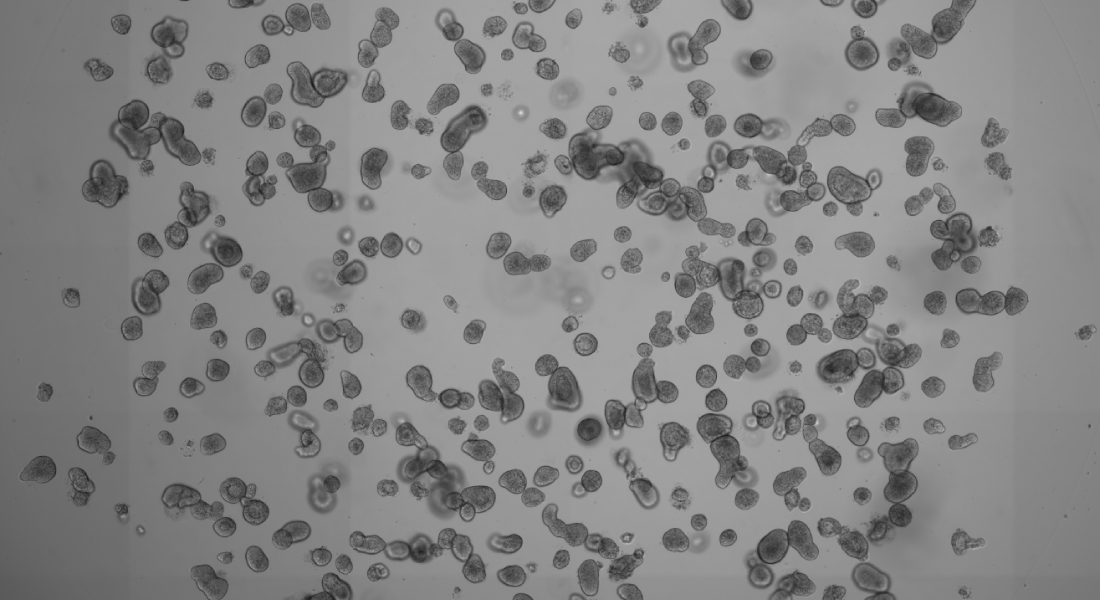Review by Prof Jensen et al assessing the future of treating ulcerative colitis with a cellular therapy published in iScience

Inflammatory bowel disease is characterised by inflammation and ulceration of the gastrointestinal tract and is divided into two conditions; Crohn’s disease and ulcerative colitis. While Crohn’s disease can cause inflammation anywhere in the gastrointestinal tract, ulcerative colitis is contained to the colon and rectum.
The review, published in iScience, has been a collaborative effort, spearheaded by Alexander Hammerhøj, with work from SAC member Toshiro Sato, clinical partner, Professor Ole Haagen Nielsen and Professor Kim Jensen.
The goal of the Jensen group at reNEW, Copenhagen node, is to understand how the epithelium; the layers of cells that line hollow organs and glands, is maintained long-term and how this is altered upon tissue damage to secure regeneration. Hoping that such insights can be exploited to develop new therapies for ulcerating disorder.
Following many years of research into ulcerative colitis, Professor Jensen, and the Jensen Group, have been working towards the development of a cellular therapy for the disease and this review takes an intricate look at previous work in this area, while also analysing important considerations for taking such a therapy forward.
“We can take biopsies from patients with ulcerative colitis and our research has shown that from these biopsies, we can isolate intestinal epithelial stem cells, and expand these as intestinal epithelial organoids,” said Professor Jensen.
An organoid is tissue that is created in vitro; in a laboratory. The organoids created for this cellular treatment are specifically designed to mimic the human intestinal epithelial. This review discusses the idea of how these organoids can be transplanted into the colon to create a living bandaid for patients who are suffering from bleeding ulcers. A primary function of this review has been addressing safety concerns with such a therapy, which is also a major aim of the Jensen Group.
“With this review we wanted to address where we are, where we have been and where we are going, while highlighting potential risks with this therapy, such as genetic stability and our ability to grow enough cells,” said Professor Jensen.
Research into the benefits and potential risks of this cellular therapy for ulcerative colitis continues and this review paves the way for the next step in one day bringing this therapy to clinical trial.
“It has been very pleasing to be able to discuss and now publish a review of this kind with leaders in the field. We hope this work will inspire other researchers in the same direction, but potentially also showcase the possibilities that lie within the use of intestinal epithelial organoids as a vehicle for cellular therapies in the future,” said Professor Jensen.
